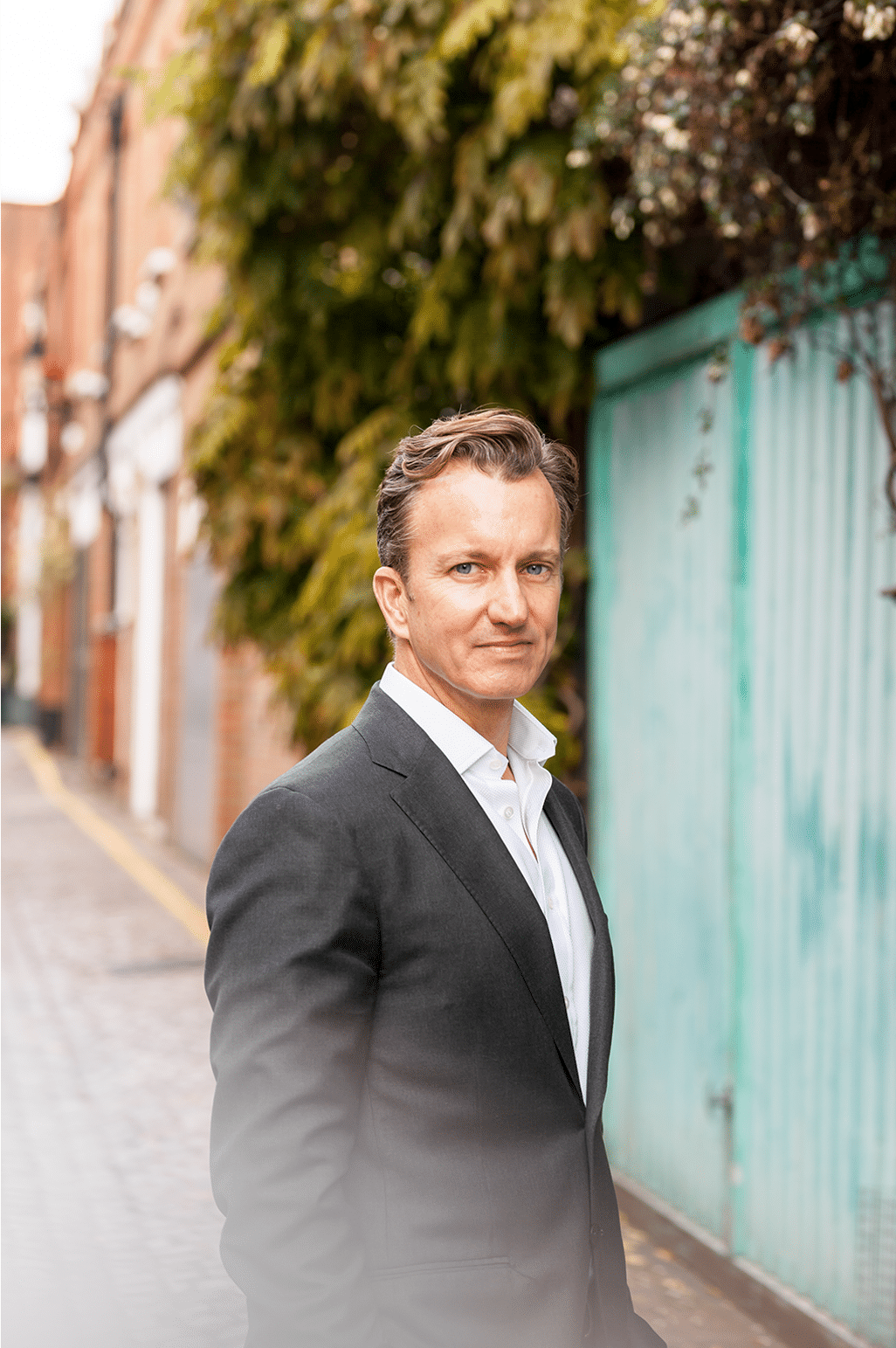 BBC News
BBC NewsBorrowing was £17.4bn last month, the second highest October figure since monthly records began in 1993.

Finito World interviews Dr. Paul Hokemeyer about the Beatles film ‘Get Back’ as a study in workplace toxicity
Psychologically speaking, how do toxic work situations arise and why is it that we find them so difficult to deal with?
Toxic work situations mirror toxic family of origin situations. In them, we and our colleagues consciously and unconsciously play out unresolved patterns from our primary developmental relationships. In my work, I’ve seen this is particularly true in creative industries where there are fewer organizational boundaries to keep people operating with a modicum of decorum. Toxic work relationships arise because people feel threatened. They feel they are not getting what they need to feel safe and secure in the organization. The best way to look at this is through the lens of Maslow’s hierarchy of needs. In this lens, people can only be their highest and best self and produce their best work when their physical and emotional needs are satiated and they operate in a culture of psychological safety.
We struggle to productively deal with toxic work relationships because they affect us on the most primal level of our being. In them, we are constantly feeling the whole of our being is under attack. In this state of being, our limbic system goes on overdrive. It keeps us in a state of hypervigilance and stress. Our central nervous system floods us with stress hormones such as Cortisol and causes our prefrontal cortex, the part of our brain that rules our rational behaviours and enables us to make smart strategic decisions, to go offline. Many times we can see these toxic patterns clearly, but because our neurophysiology is operating through a place of stress and danger, we are paralyzed from making rational decisions and taking reparative actions to change things.
In Get Back, Paul McCartney emerges as a boss figure. He seems in some way a micromanager, particularly of George Harrison. How should we deal with micromanagers and ensure we retain our equilibrium in these situations?
One of the defining features of anxiety disorders is a compulsive need to control what feels out of control. Micromanagers are operating from a place of heightened anxiety. Once we understand the etiology of their behaviours we can create a plan to address them. The best way to do this is to focus first on self and second on the other. Become conscious of what your manager fears most. Look for her triggers. Everyone has hot buttons that send them into states of emotional reactivity. Once you’ve identified these patterns in your manager, consciously strive to go above and beyond in your efforts in these areas. Also, address these issues directly with your manager. Ask her straight out what you can do to improve your service to her and the organization in these areas. The mere fact that you evidence awareness of her triggers and are diligently and intentionally striving to improve in these areas will go far in reducing her anxiety and enable her to put her focus on someone or something else.
To be fair to McCartney he is partly in a position of authority due to a greater talent – his ability to play more instruments than the others for instance means that he invades their space more. How should CEOs and managers deal with extremely gifted individuals to ensure that they don’t alter the balance of a workplace setting?
The construct of psychological safety is every bit as relevant in creative families as it is in traditional organizations. Through it, people feel safe to fail and have a voice that’s outside the norm. Studies show that a culture rich in psychological safety produces exceptionally innovative work and is made up of happy, healthy employees. Managers who are working with extremely gifted employees will be well served to look at the foundations of the construct. At its core, a culture of psychological safety ensures that people will not be humiliated or punished for challenging the cultural norm or speaking up against authority. It requires managers to have healthy egos and to have a mechanism for managing their own issues of narcissism, insecurity and self esteem.
Contrastingly, Ringo Starr in the film seems to carry himself extremely well, and maintain excellent relationships with all people, even in an increasingly toxic situation. How is he able to do this and what might we learn from him?
As in most challenging situations, successful resolution comes not from investing your principal energy in changing the system but rather on focusing on how you can change your reaction to the toxicity that exists in the system in which you are operating. In short, this means coming up with healthy ways to manage the toxicity that surrounds you. The first step in this process is to accept the reality of the situation. Toxic work environments exist. Yes, you might be able to change them but the probability of changing major systems can be quite low and the return on your risk in trying to change them low. Instead focus, like Ringo Starr focused, on that in which there is a high probability of success and a high return on investment. As we see in the film, Ringo had the most balanced life. He had a rich and rewarding personal life and invested his human and relational capital through a diverse intrapersonal and interpersonal portfolio. He manifested resilience, which is the capacity to make meaning from setbacks and grit which is the capacity to tolerate short term discomfort for a long term gain.